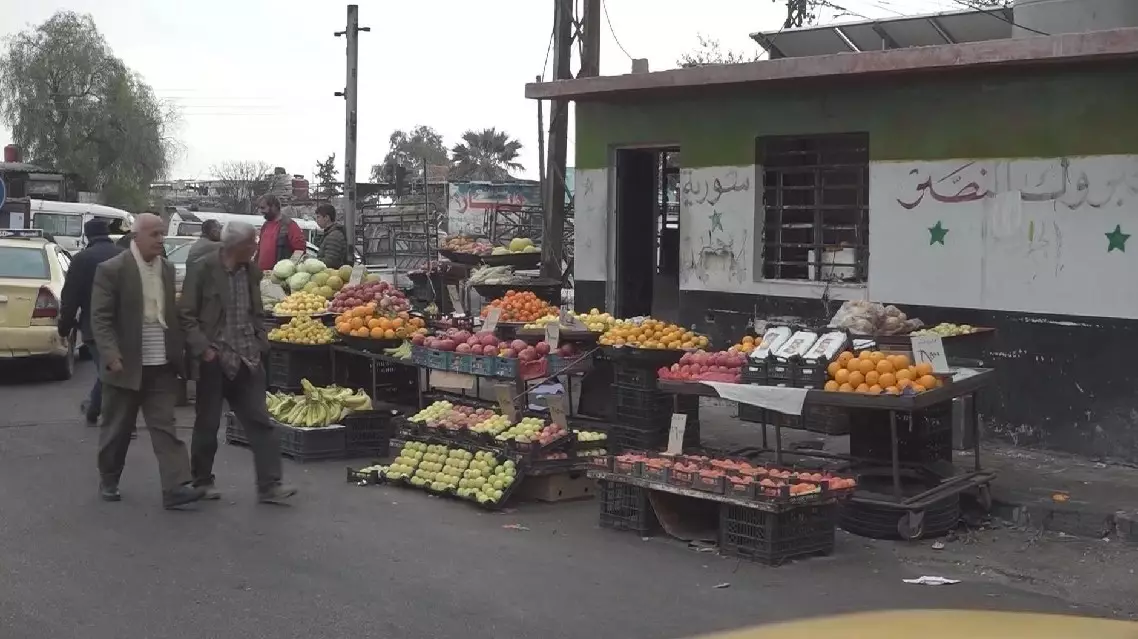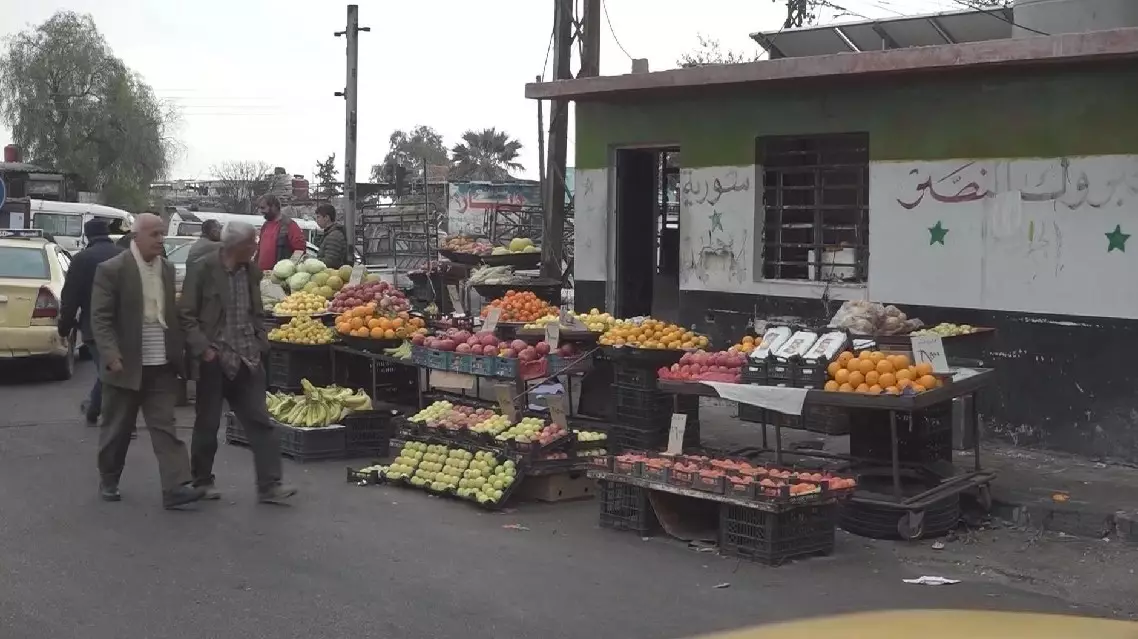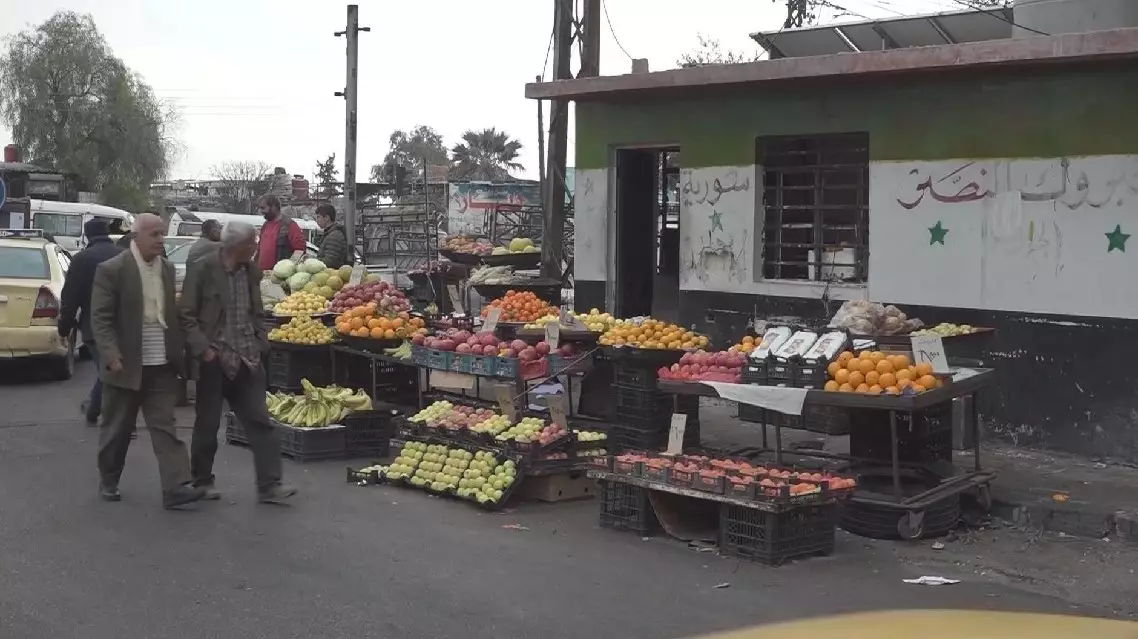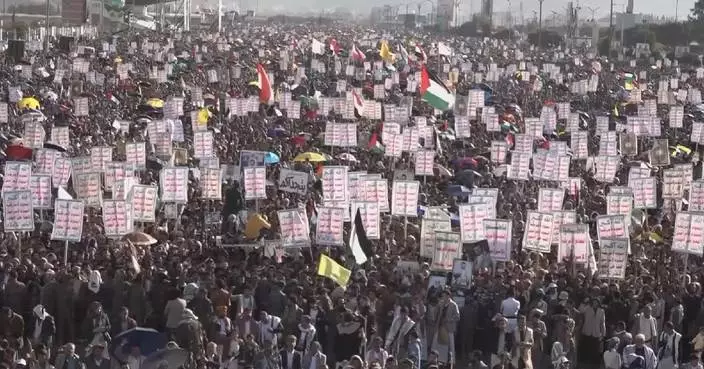Syrians are leading a precarious life during the interim period since Assad's fall, featuring social instability, misty future and economic insufficiency along with surging prices of daily basic needs.
Armed opposition forces seized control of Damascus, the Syrian capital, on Dec 8, ending over five decades of the Assad family rule. The rapid change of political landscape has sparked uncertainty about the country's future.
Bread is a basic item for all Syrians and every family must come everyday to get its need from bread. At one of the biggest government-run bakery in Damascus, many people were queuing to get their daily need of bread.
"No Syrian resident can go without bread," said Fadi Helal, a local resident.
The price of bread, throughout decades, have changed very slightly only to cope with the inflation but now with the new government is in power, the price of each bundle of bread has risen to ten times of what it used to be.
"We hope the price can go down because people here are living on a tight budget. I can buy bread because I am working in the private sector. But Some people living in the countryside don't have access to jobs. And this is in addition to the chaos that we have been through recently," said Muhammad Fathi, another resident.
At one of the cheapest markets in Damascus, farmers came from all around the countryside of the city to sell their products directly to the customers. It is mainly for vegetables and fruits but there are vegetables and fruits coming from other countries like Türkiye and Lebanon and they are sold with cheaper prices than the prices of the same products that are cultivates in Syria.
The reason for this is the fuel prices are skyrocketing since the interim government took over few days ago. This is actually affecting the farmer but it is also affecting the consumers but not all the products can be imported from outside.
For example, tomato and potato are cultivated inside Syria and they are not imported but the prices of them are unaffordable for many people.
"One kilo of tomatoes cost 10,000 (Syrian pound). So, if you need two kilos of tomatoes and one kilo of onions for one meal, it will cost 40 to 50 thousand for one meal! In that case, we should buy meat rather than vegetables," said Bilal Hawatmi, a vegetable vendor.
"Items cultivated in our country like citrus and apples are too expensive!" said Monzer Afghani, another vegetable vendor. He went on explaining that "The fuel prices are still high. Since the transportation fees are very high, it makes our cultivated items too expensive."

Syrians lead precarious life since Assad's fall with concerns of misty future

Syrians lead precarious life since Assad's fall with concerns of misty future

Syrians lead precarious life since Assad's fall with concerns of misty future









